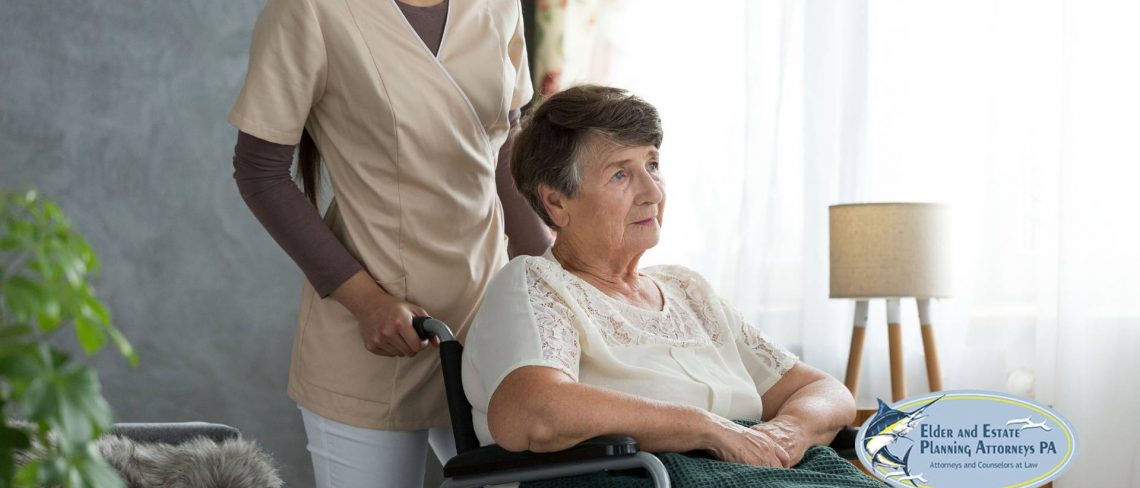Today, one in ten Americans has dementia. Dementia “is a general term for loss of memory and other mental abilities severe enough to interfere with daily life. It is caused by physical changes in the brain. Alzheimer’s is the most common type of dementia, but there are many kinds.” This is a growing epidemic as the Centers for Disease Control and Prevention predicts that the number of people with dementia will triple by 2050.
While you may be familiar with the idea of dementia as an illness impacting Florida seniors, you may not realize the correlation between elder abuse and dementia. Dementia patients are at an increased risk of elder abuse in large part due to the disease they are facing. These symptoms can include, but not be limited to, decreased cognition, a lessened ability to communicate, and diminished ability to use reason and judgment. Unfortunately, this can make them prime victims for abusers.
There is a pattern in intentional abusers to find and isolate seniors who are afflicted with memory loss. While these abusers may be strangers initially to the senior, they work to make themselves integral to the senior on a daily basis before the abuse begins. Seniors, especially with dementia, are often isolated from family and need an increasing amount of assistance over time with activities of daily living such as preparing meals, cleaning, and walking. Scammers who would harm a person know this and strategically place themselves in a position of dependence with the senior.
Not all abuse, however, is intentional. It may be easier to work to prevent intentional elder abuse than unintentional. This factor must be considered and understood when planning on how to proactively help Florida seniors with this diagnosis. Signs of unintentional abuse may include:
-Frustration on behalf of unprepared and overworked caregivers
-Anger and outbursts manifesting from the newly diagnosed senior
-Retaliation for the sudden aggressive behavior from the senior
-Refusal of assistance on both sides of the caregiving equation
Remember, elder abuse can take many forms including, but not limited to, financial, emotional, and physical abuse, as well as, neglect and isolation.
One of the keys to success is to both understand the problem and work together to prevent it. There is never a wrong time to report suspected abuse of a Florida senior with dementia. In Florida, we may report abuse by calling 800-962-2873 or you may click this link.
We are here to help you face this issue and plan forward to proactively address the need for long-term care assistance both now and in the future. Do not wait to schedule a meeting with our law office on how we may be able to help you and the Florida seniors in your life.



